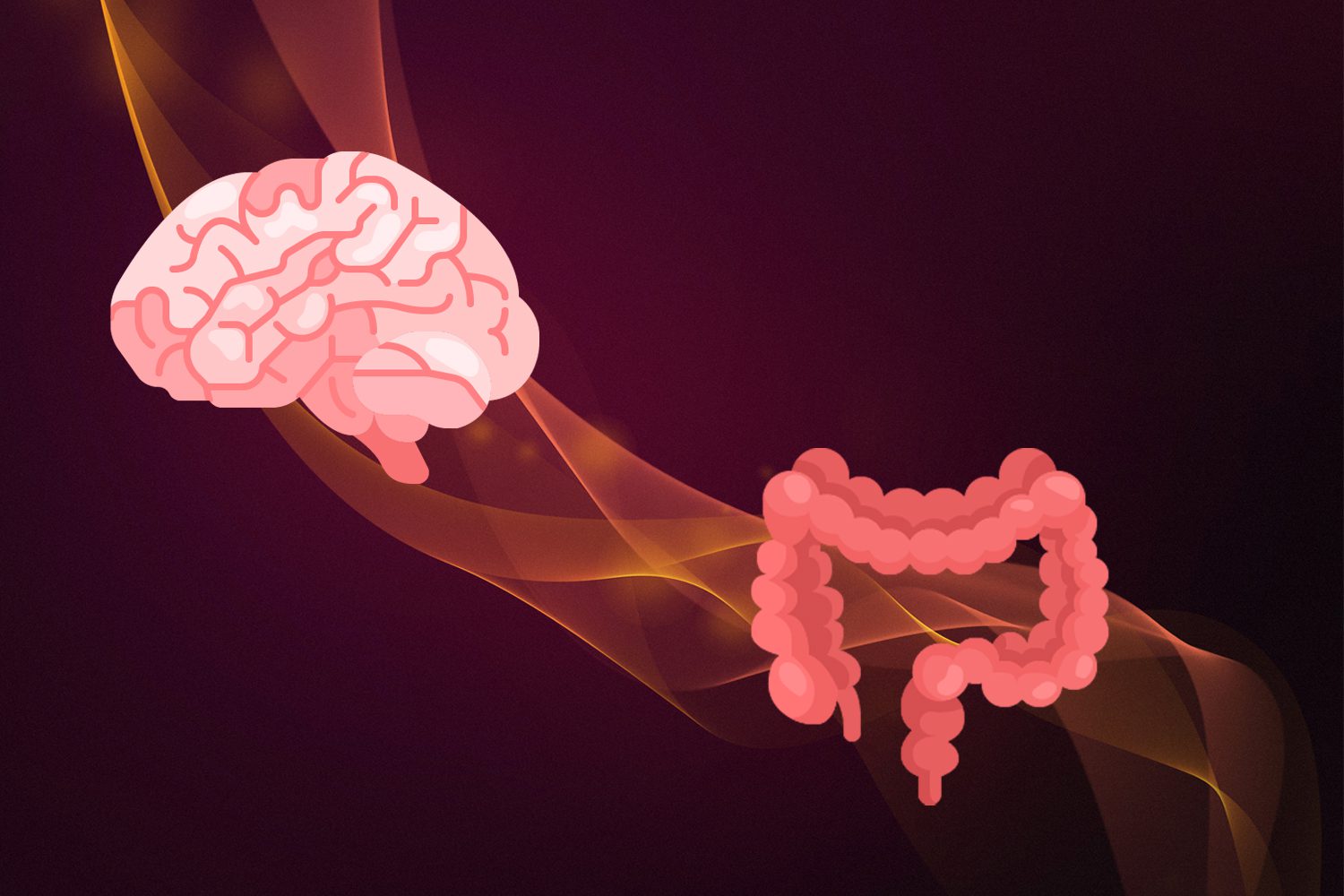Why What You Eat Affects How You Feel: the Brain-Gut Connection

We have heard the old adage “You are what you eat,” but the more appropriate saying might be “You are what eats what you eat”. Each of us has approximately 100 trillion bacteria in our intestinal tract. Bacteria form a significant part of our immune system. They aid digestion, especially of incompletely broken-down starchy carbohydrates. We’re uncovering the role of intestinal bacteria in health. But what if our bacterial population lacks essential microorganisms? Discover how the Brain-Gut Connection influences your mood and well-being through the food you consume.
Gut Health and Mood: Balancing Microbiome Challenges
Even with a balanced diet, some struggle with mood due to bacterial imbalance. Certain strains may overgrow or be absent. Early childhood development and birth delivery method impact our microbiome for life.
Gut Microbes: Key Players in Neurochemistry
The gut-brain axis connects gut bacteria colonies to the nervous system and brain. Notable microorganisms produce neurochemistry-related metabolites: Bifidobacterium and Lactobacillus synthesize GABA; Escherichia coli, Saccharomyces, and Bacillus produce norepinephrine; Streptococcus, Escherichia, Candida, and Enterococcus synthesize serotonin; Serratia and Bacillus produce dopamine.
Stress can directly result in alteration of the microbiome balance. Animals studied during biological stresses such as having their mother taken away showed a drop in Bifidobacterium and Lactobacillus colonies. Antibiotics alter the balance of gut bacteria by eradicating harmful bacteria and will also destroy the positive, balancing bacteria. Certain non-antibiotic drugs, like acid-reducers, blood pressure meds, and anti-psychotics, hinder growth of healthy gut bacteria. Medications and diet impact the balance of gut bacteria in our bodies.
What Can You Do to Have a Healthy Gut Population?
A minimally processed diet rich in whole, nutrient-dense foods helps maintain gut microbiome balance. To support a healthy flora, reduce sugary foods (which harmful bacteria thrive on) and minimize antibiotic use. Fermented foods like kimchi, sauerkraut, yogurt, kefir, and kombucha enrich your intestinal microbiome with beneficial bacteria. A broad-spectrum probiotic supplement with Lactobacillus and Bifidobacterium helps maintain balanced gut bacteria.
Overall, being aware of the gut-brain connection can help you understand what foods are good for both your body and your psychological well-being. Simply making healthier choices can often give you a better, more positive mood, and supplementing with probiotics can be a lot gentler than other mood interventional methods, such as pharmaceuticals. However, probiotics can only do so much, and if pharmaceuticals are necessary for your individual health and well-being, you will need to respect your emotional health enough to work with the treatment plan that your physician has provided for you. Taking a probiotic in conjunction with other interventional methods can reduce the risk of damage to your gut bacteria population that some medications may cause, and it will also help you feel better overall, which is a win-win situation.
Also read our blog on Sleep Deprivation: The Terrifying Effects on the Mind & More